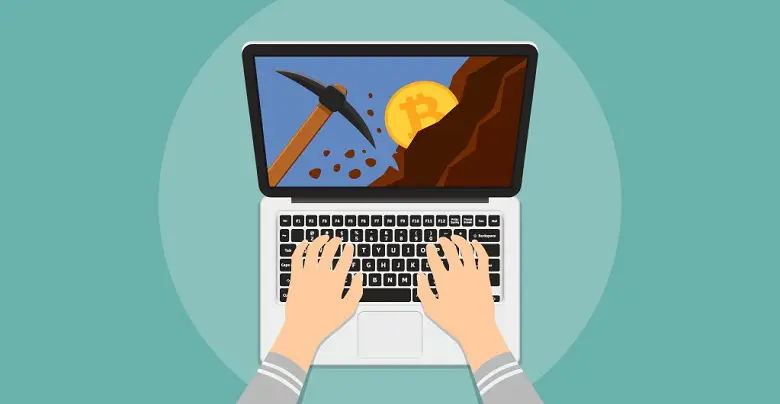Bitcoin Mining: Process, Benefits & Usage!

Bitcoin mining is the backbone of the Bitcoin network.
In order to process Bitcoin transactions securely, entities called miners compete to solve mathematically complex problems. Solving these problems helps keep the blockchain ledger and network secure trustworthy. All Bitcoin miners contribute to this process. The miner who successfully solves a mathematical problem is awarded Bitcoin.
What is Bitcoin Mining?
All mining starts with the blockchain. The blockchain, in this case, is a publicly distributed ledger with a record of every previous bitcoin transaction.
A group of approved transactions is called a “block.” These blocks are tied together to create a “chain,” hence, the term “blockchain.”
How Bitcoin Mining works
In the Bitcoin network, a miner’s goal is to add individual blocks to the blockchain by solving complex, mathematical problems. This requires enormous computational and electrical power. While many miners compete to add each block, the miner who solves the problem will actually add the block—along with its approved transactions—to the blockchain. This miner receives a reward of 6.25 bitcoins. Miners secure the network and confirm Bitcoin transactions.
Miners are paid rewards for their service every 10 minutes in the form of new bitcoins.
How to Mine Bitcoins
BTC miners eliminate the issue of double-spending through mining. Double-spending means when a coin holder spends the same crypto twice. People may make a copy of their digital token and use them indefinitely without running out of BTC.
A BTC miner is rewarded once he has verified 1 megabyte (MB) worth of BTC transactions called a block. Satoshi Nakamoto, the father of Bitcoin, set the size to 1 MB, which many believe needs to be expanded. Doing so will increase the network capacity, speeding the process substantially.
Remember that only the miners who verify 1 MB worth of transactions get the reward. In other words, if you verify a Bitcoin transaction, but it is not worth 1 MB, you will not be rewarded. It can be made up of one transaction or several thousand.
So to earn the reward:
- Miners must verify 1 MB worth of BTC transactions.
- Be the first person to find the correct answer. Sometimes, the closest answer is picked due to numerical issues. The process is called PoW (proof of work.)
Is Bitcoin Mining Legal?
Yes and no. It depends on your location. Bitcoin threatens governments’ authority and the existence of fiat currencies. That is why many governments have banned crypto.
Many countries do not allow owning or mining crypto, so if your nation does not allow it, you can’t mine Bitcoins.
Is Bitcoin Mining Profitable?
The short answer is yes. The long answer is it’s complicated. The concept of Bitcoin mining sounds simple. You solve math problems on your system and get rewarded. Back in 2009, mining bitcoin was a profitable venture because these were the days before professional bitcoin mining centers with massive computing power entered the game, and back then, miners already owned their systems, so equipment costs were effectively nil. There are several factors that determine whether bitcoin mining is a profitable venture. These include the cost of the electricity to power the computer system (cost of electricity), the availability and price of the computer system, and the difficulty in providing the services.
Mining takes immense electrical and computing power. Plus, the rewards are halved every four years. To gauge how profitable Bitcoin mining could be for you, use a web-based profitability calculator to run a cost-benefit analysis. You can plug in different numbers and find your breakeven point (after which mining is profitable). However, You can make a profit from Bitcoin, for that you just want to invest through the Bitcoin Profit platform. It is an automated trading platform that can help you to make a good profit daily. Check Bitcoin Profit Reviews by Experts to know more about this platform.
Risks of Bitcoin Mining
Here are some risks involved with BTC mining:
- The most common risk involved with BTC mining is spending a lot of resources only to lose the rewards to someone else.
- Another risk comes in the form of ruining the algorithms, resulting in stopping the network’s growth.
- Damage caused to the environment due to intensive energy consumption is another risk of Bitcoin mining.
Wrap Up
The average home miner is unlikely to recoup the cost of mining hardware and electricity. Profiting on your own is highly unlikely.
The situation may improve in the future once ASIC mining hardware innovation reaches the point of diminishing returns. That, coupled with cheap, hopefully, sustainable power solutions that retail customers can access in some shape or form, may once again make Bitcoin mining profitable to small individual miners around the world.



